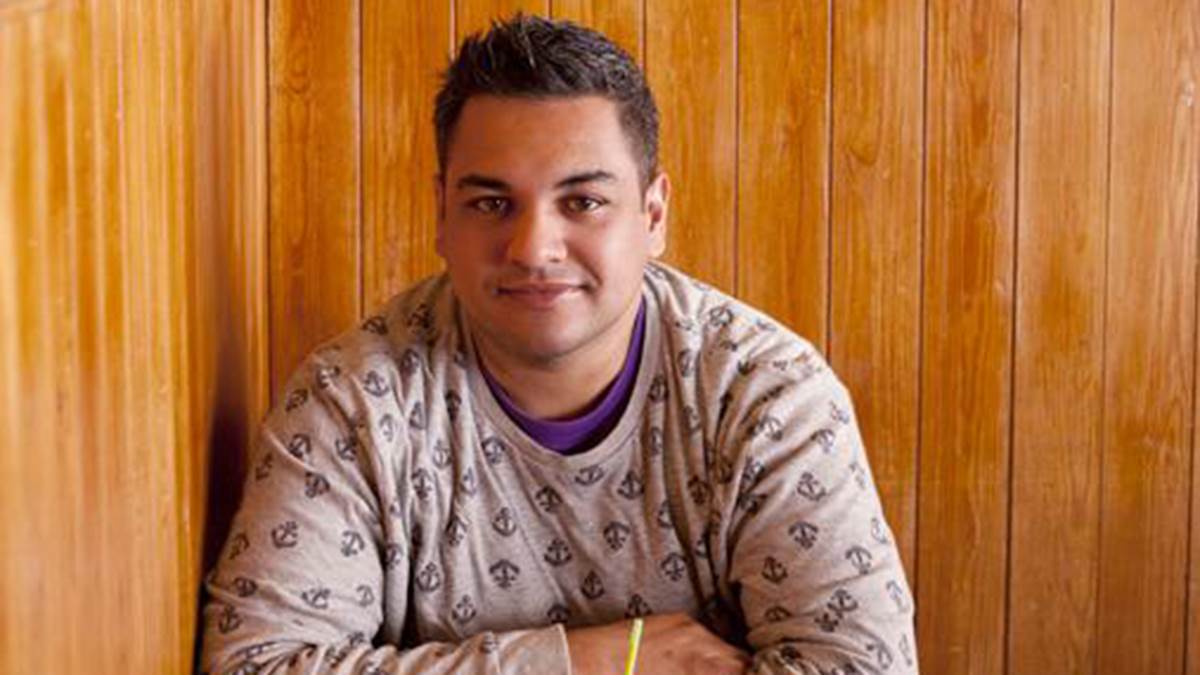How technology can help you write, by Nikesh Shukla
Author and former BookTrust web editor Nikesh Shukla tells us how he balances a day job and writing, all thanks to technology.

Writing tips tend to veer between the prescriptive ('have your main character reveal a dark secret on page 30') and the elusive but empowering ('THERE ARE NO RULES. DON'T GET IT RIGHT, GET IT WRITTEN. SHOW, DON'T TELL').
I chaired a writer's group last week and all the writers were at different stages of beginning to put pen to paper, fingertips to keyboard or mouth to iPhone text dictator and they asked me for tips on how to write, how to get published and how to finish something and get it published. I gave them my tuppence. Tuppence here is code for: I told them what I did, for what it was worth.
I don't fetishise the writing process as much as others may do. I don't need to sit there and write it down on paper first, then transcribe it. I don't need to feel the curves and strokes of the words. I write wherever I can on whatever I can find.
And that's where cloud computing really helps me.
Access your writing anywhere
Through modern technology, the advent of tablets and smartphones (I hereby pledge my allegiance to the fruit-based versions of the aforementioned but other platforms are available), I have access to the latest draft of whatever I'm working on, and as long as I have wi-fi to back my work up, it means I can write anywhere, on anything.
I can write on my phone when I'm underground on the tube, and then sync with the cloud when I get reception again.
I can write in my lunchbreaks, in coffee breaks, on my commute to and from work, in the garden... heck, in the park, in a pub, in a library. All I need is the devices I would usually have on me.
I can search for old chapters, and I don't have to try and comprehend my own illegible writing. Most importantly, if I lose my phone or tablet or bag containing a notebook, I've only lost an object that's replaceable. Cloud computing means I have back-ups.
Obviously there are technical issues that this throws up. How private is my work? What happened if someone deleted the cloud? Who owns my work? If I delete it, is it ever really gone?
Technology has changed the way I write
I know it all sounds so very smug: 'Ooooh, look at me and my fascination with the latest fads and trends'. But trust me - having this access to my work wherever I need it has changed the way I write. It has helped me to write in small pockets, in different locations and environments and at different times of the day.
This is where the breaking down of my writing routine has happened. I do think for some people writing at the same time of day in the same place with the same tools helps with the creative process. But I don't feel bound by that anymore. I have a day job. I also write. I want to give my all to both of these things and so have to find the best way to do so. I can balance both lives while keeping them intertwined. This is what works for me.
There isn't one catch-all way for everyone. If there was, the cafes of Paris would be filled with all of us, working on our latest opuses, drinking strong coffee and listening to jazz.
Let me know what works for you.
